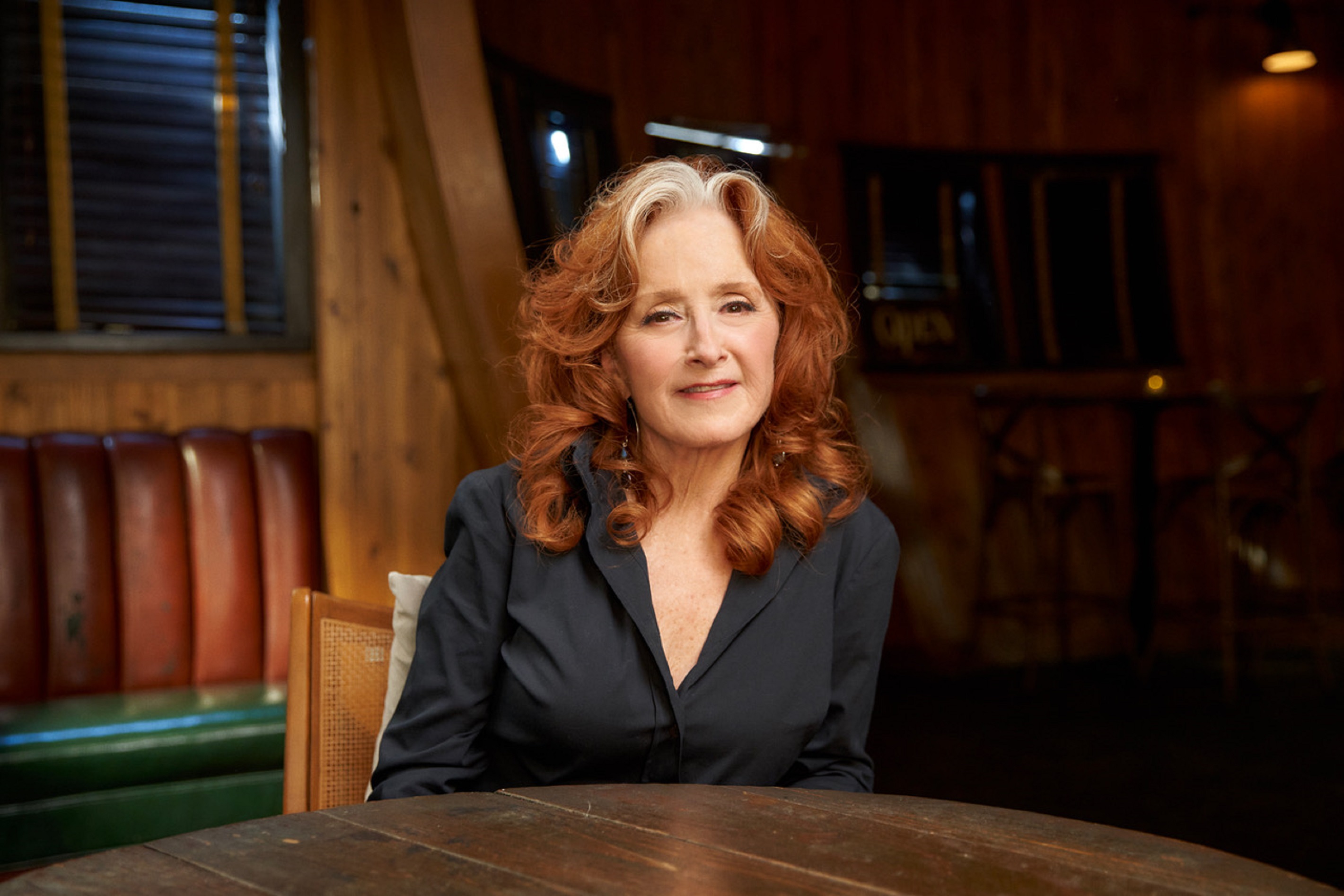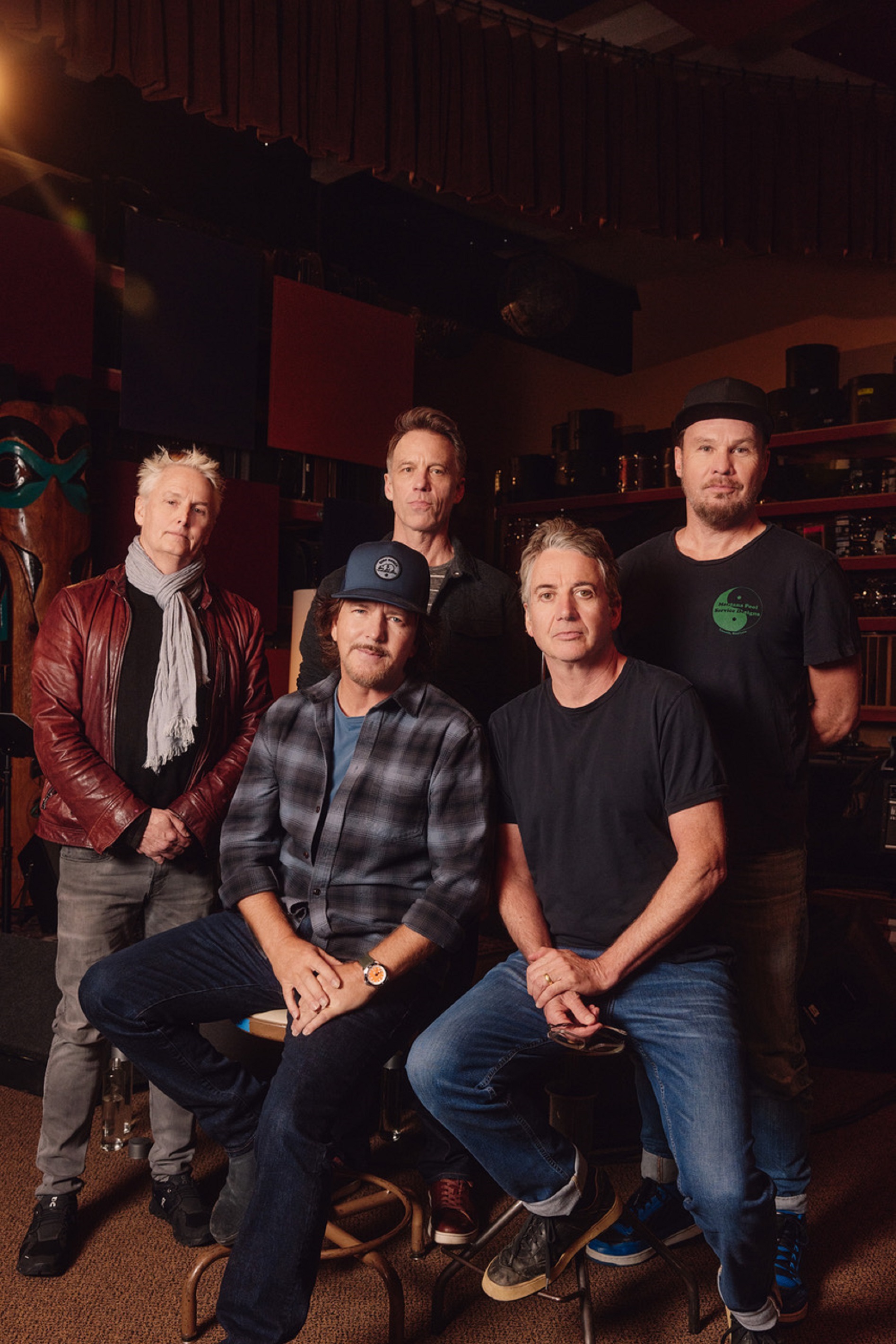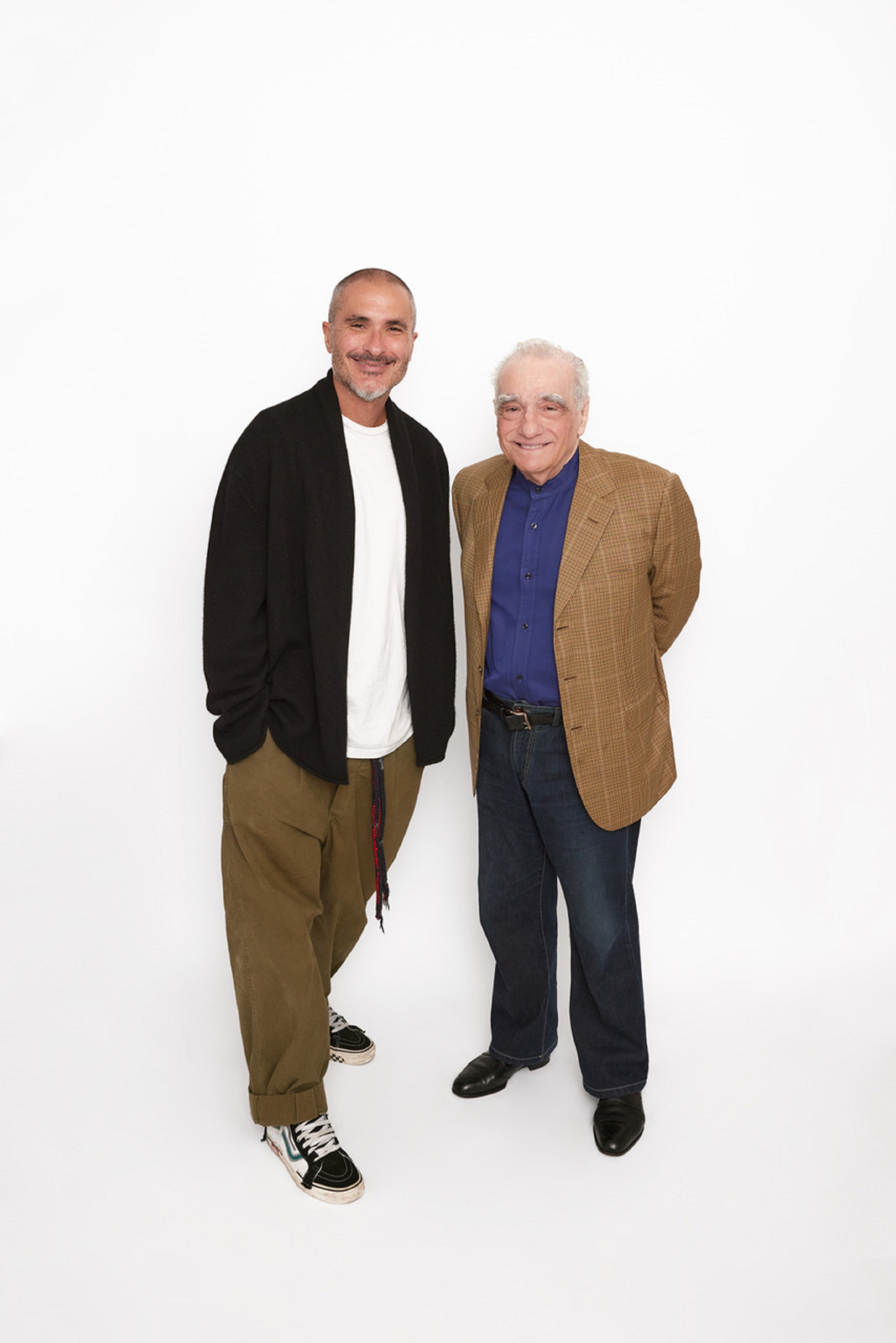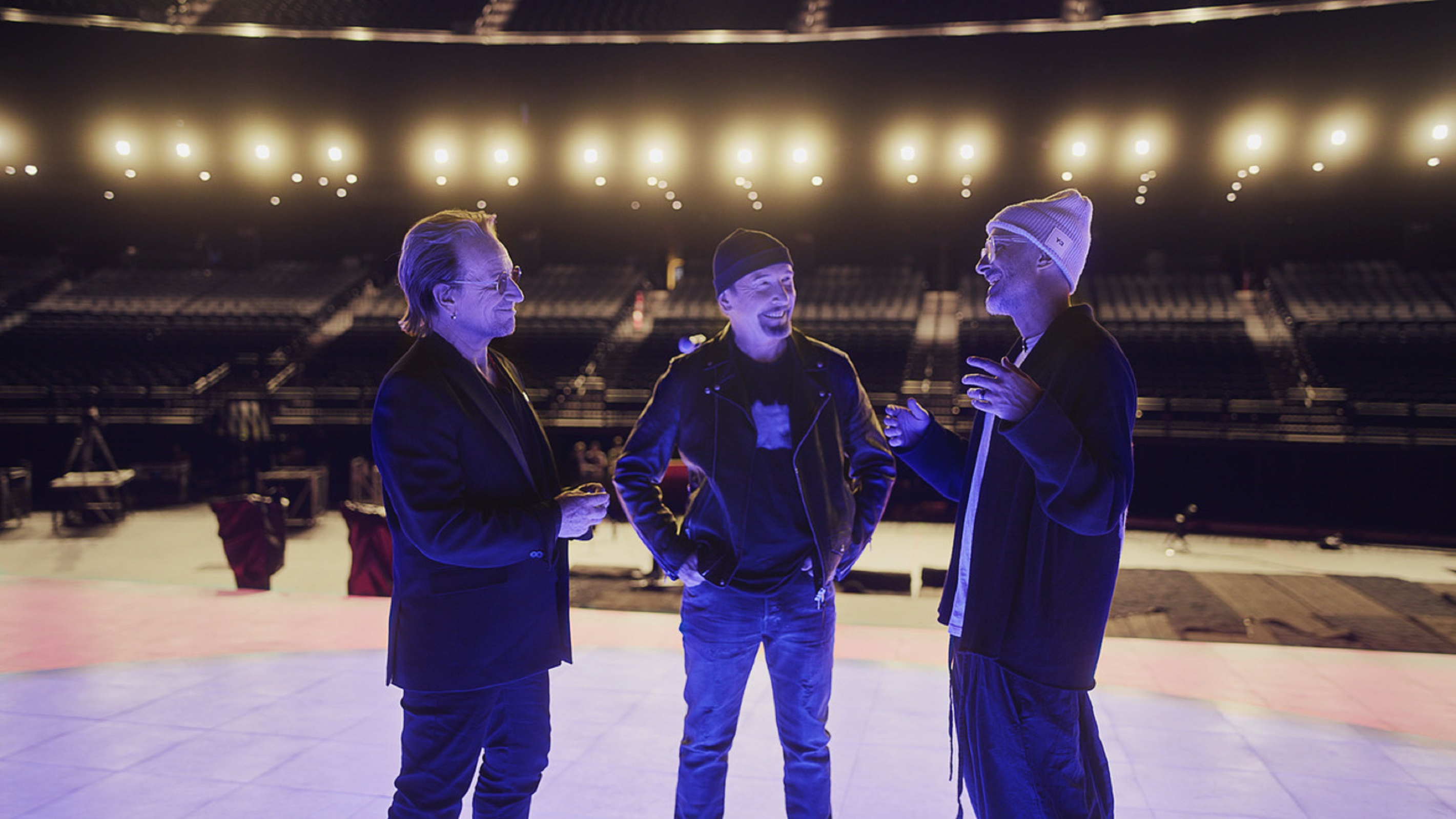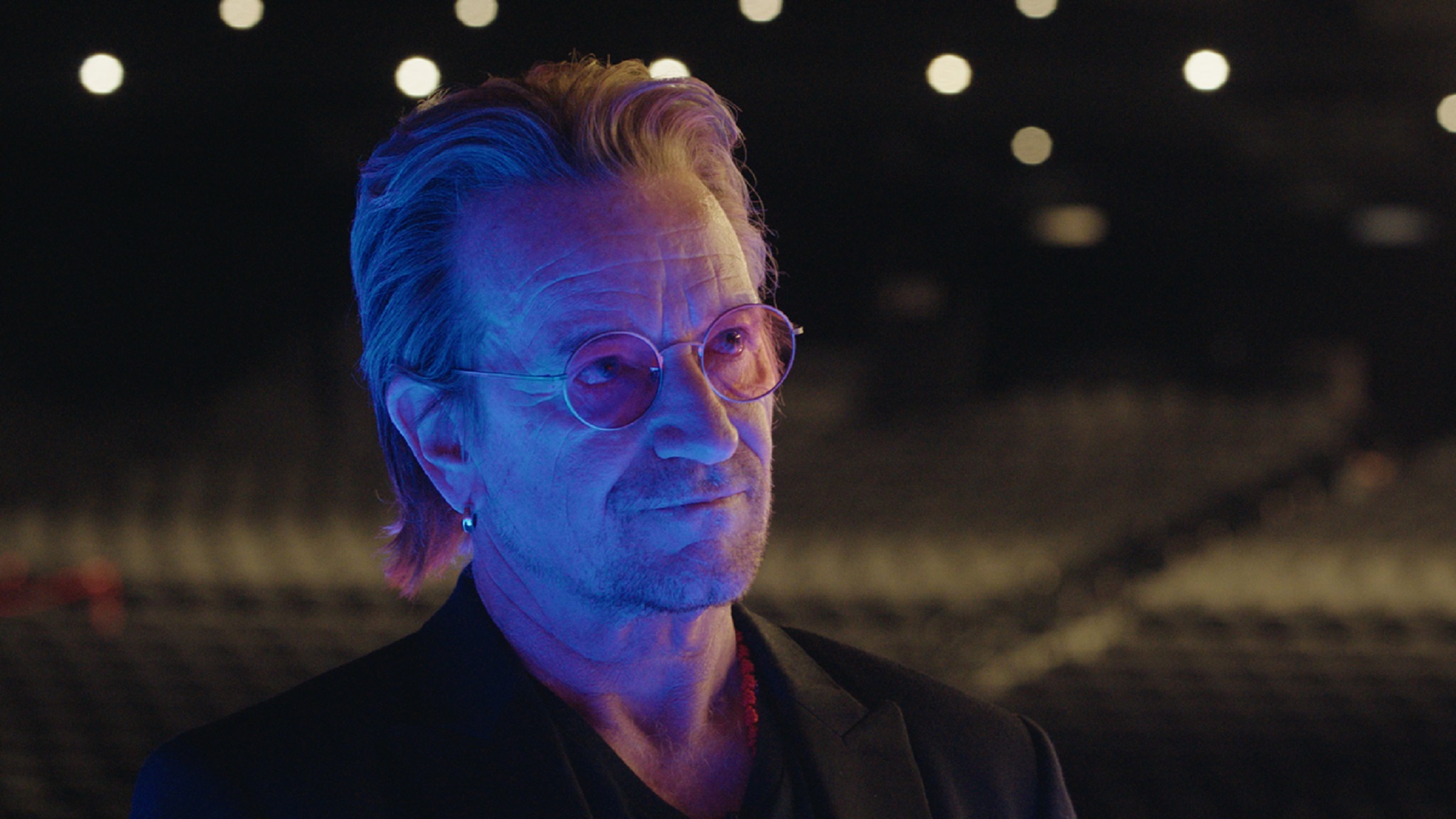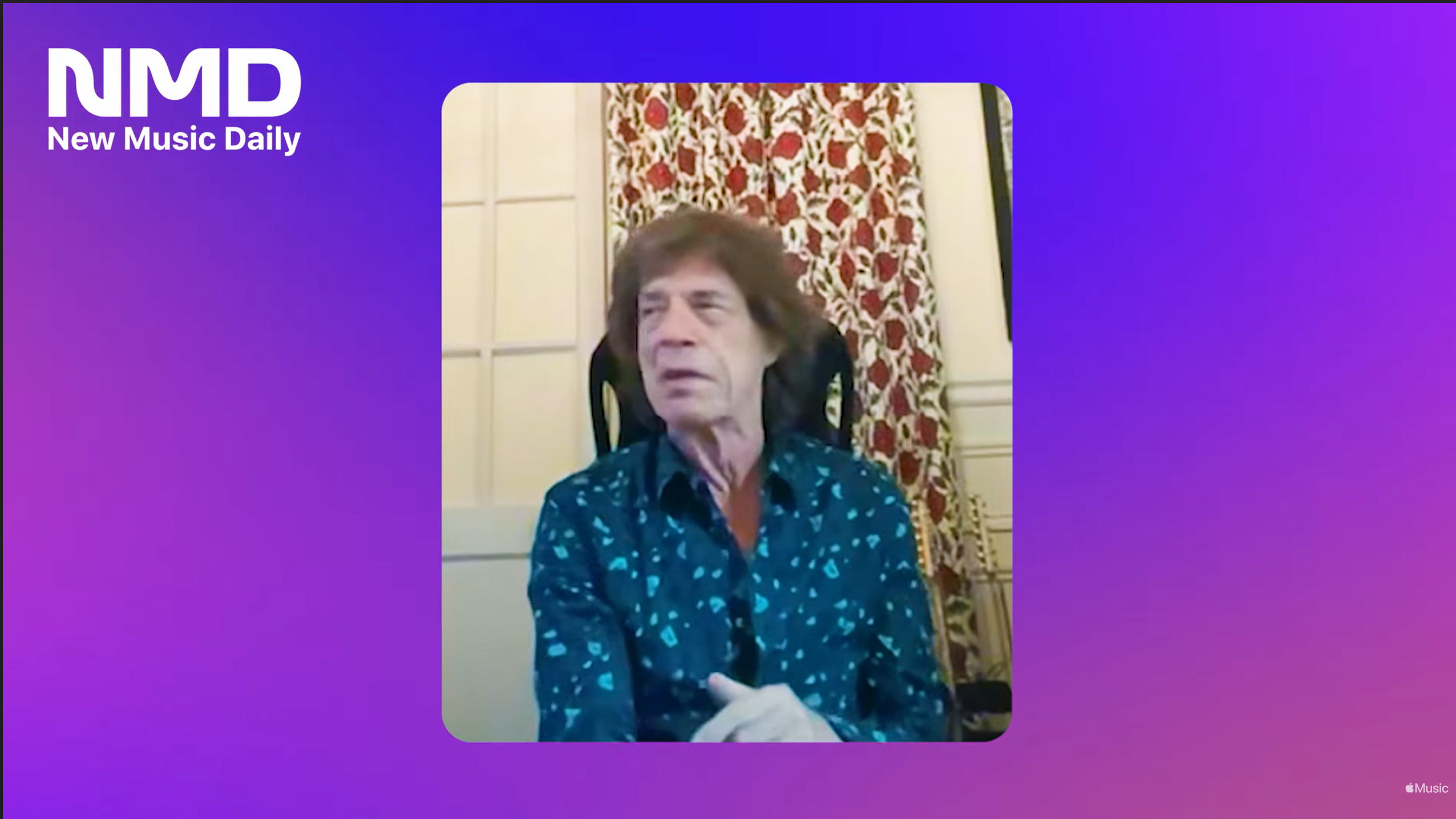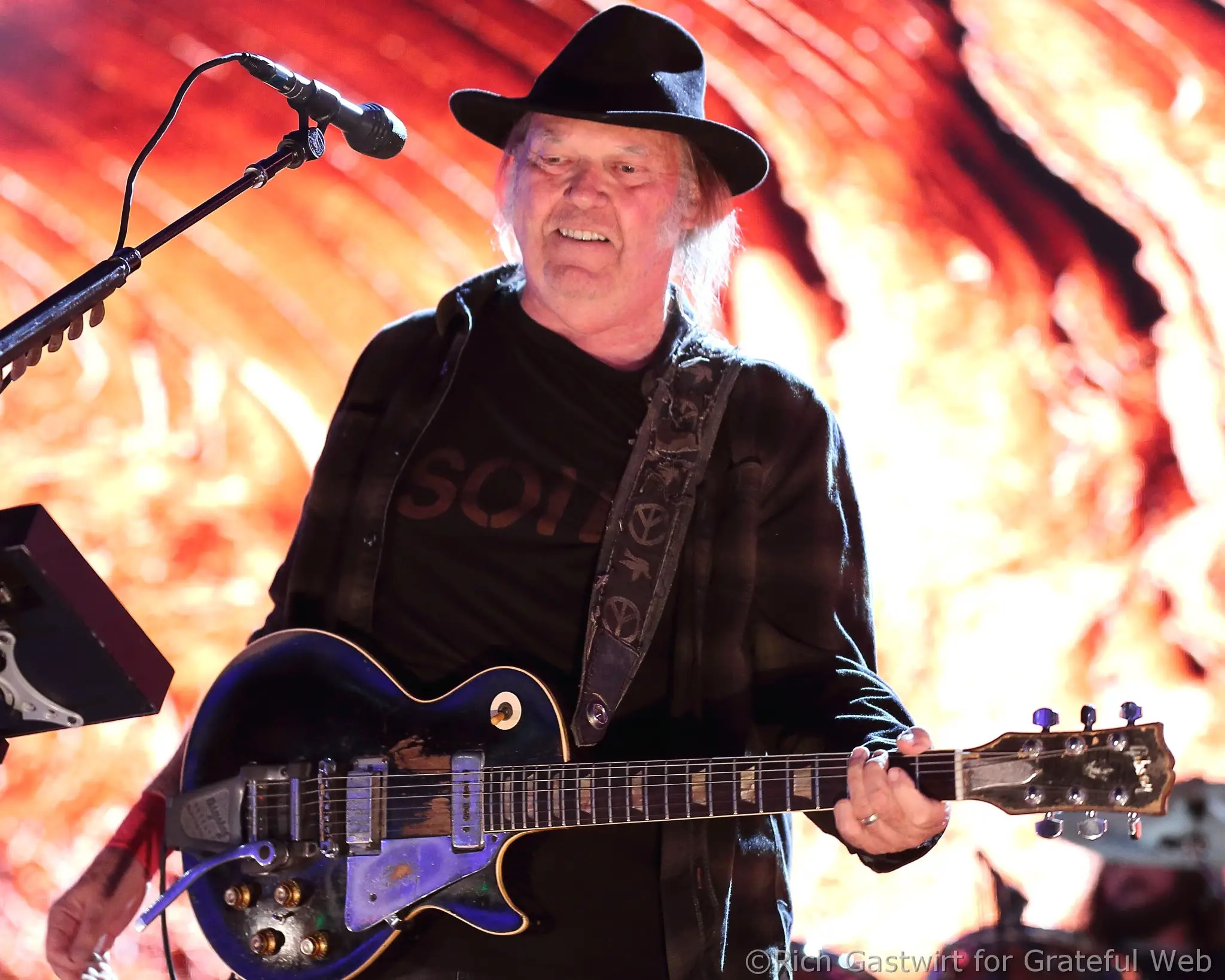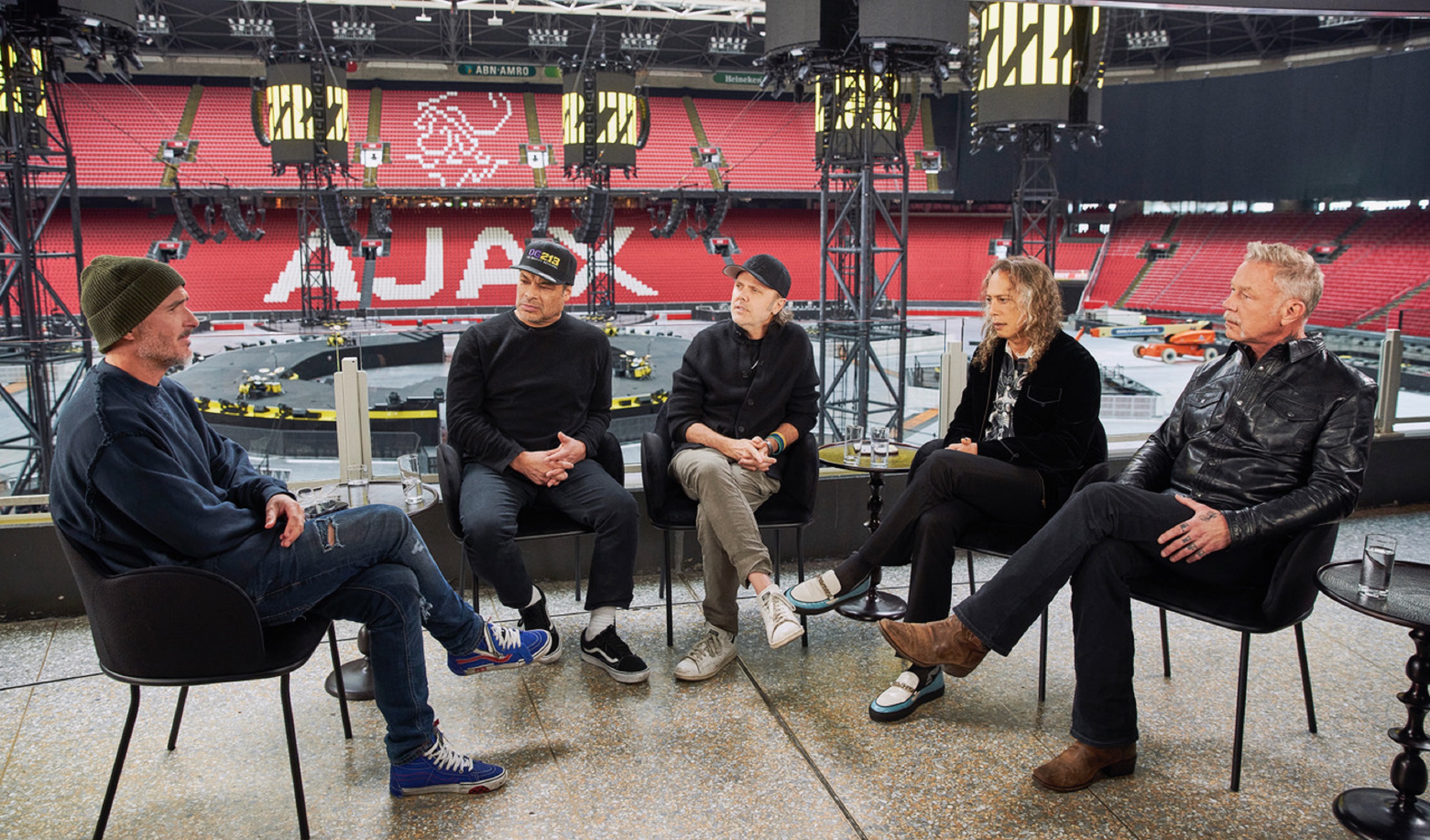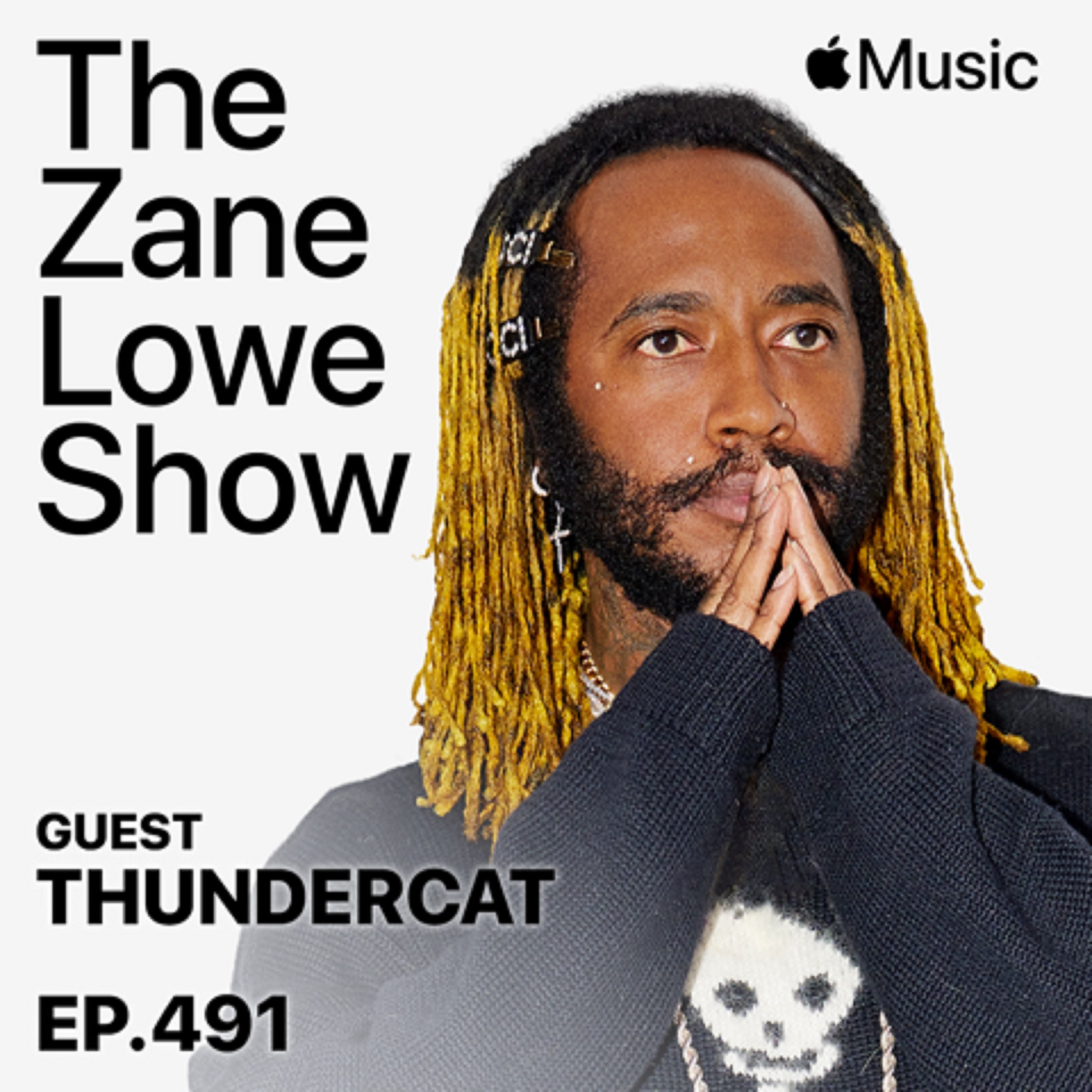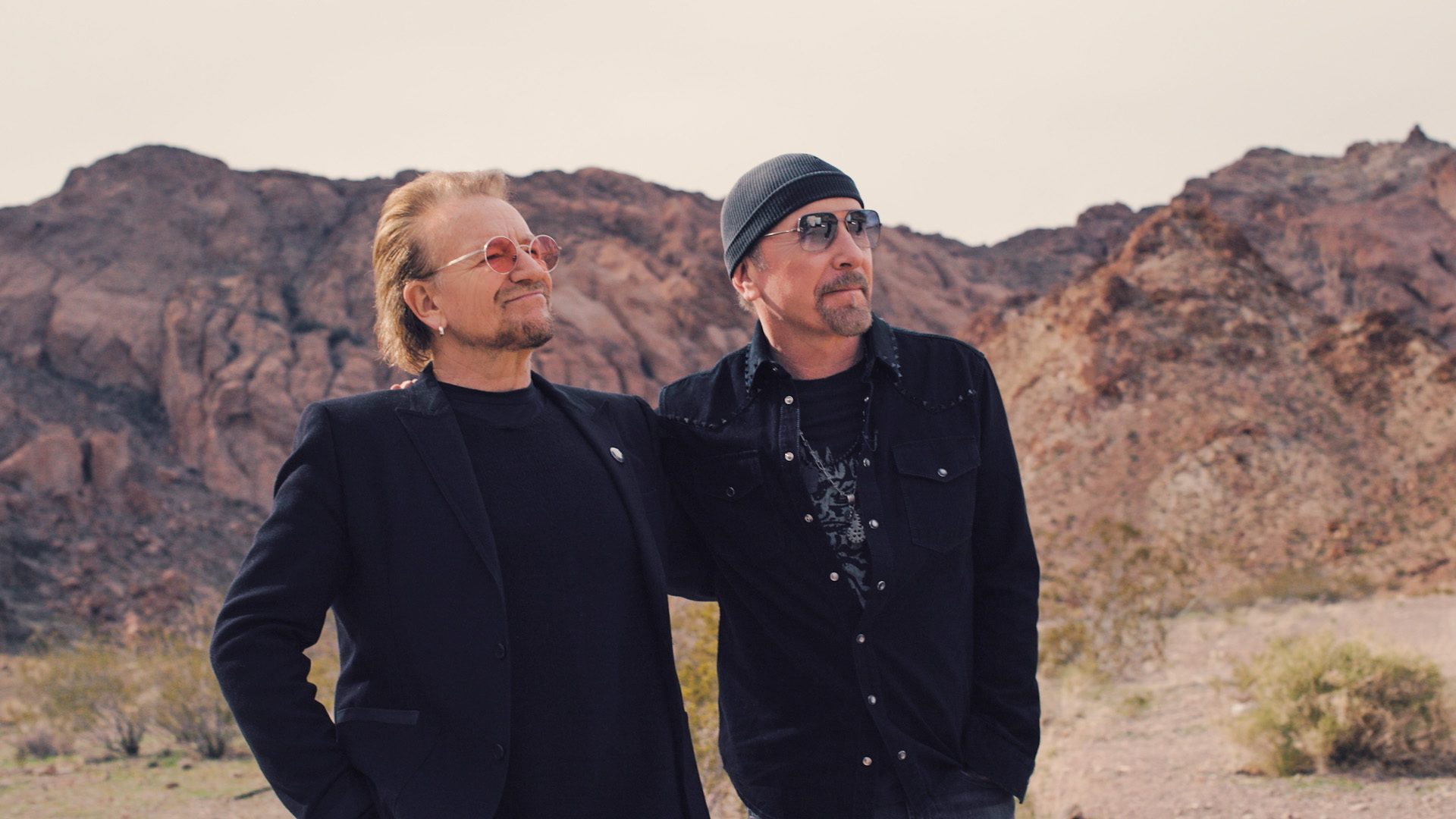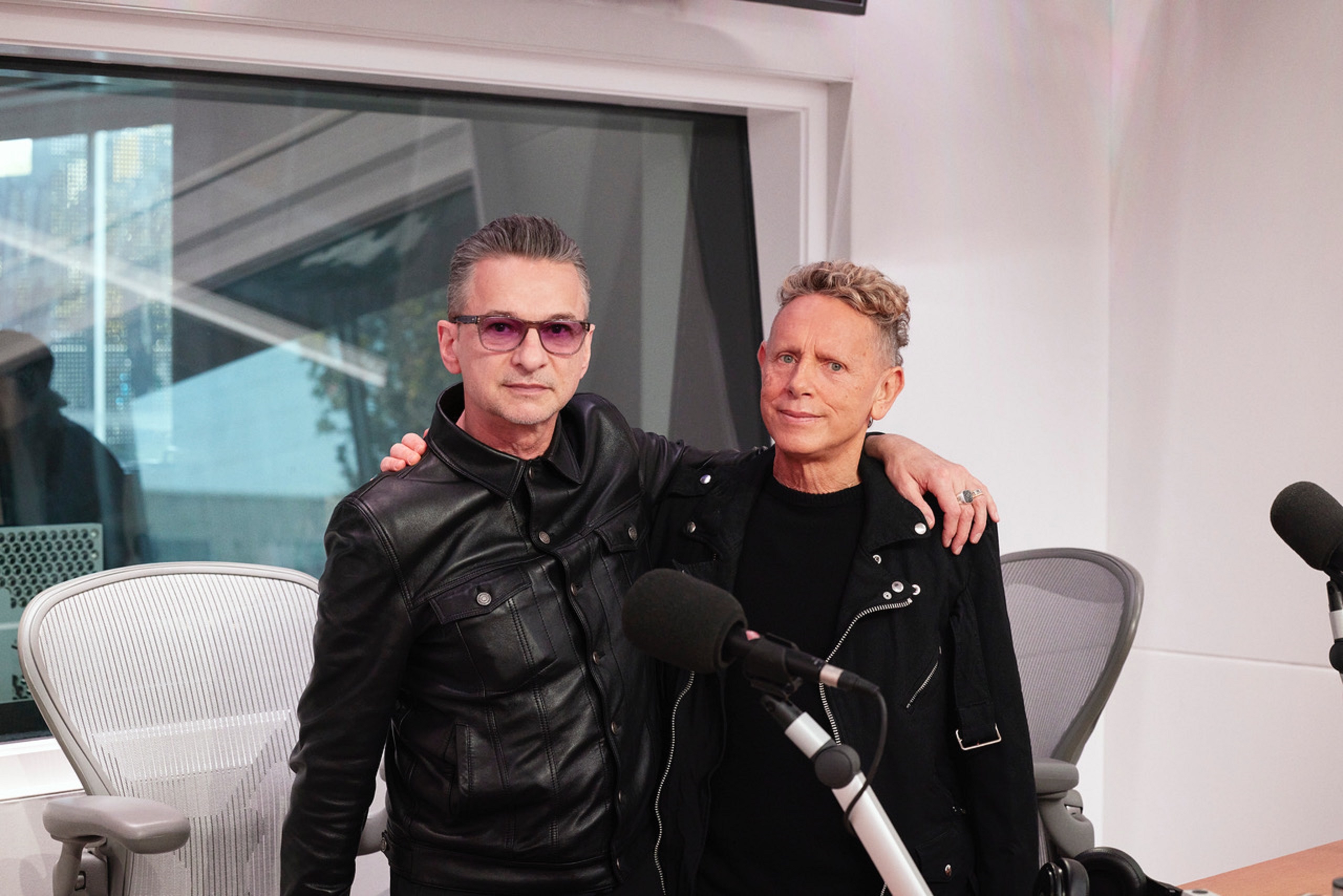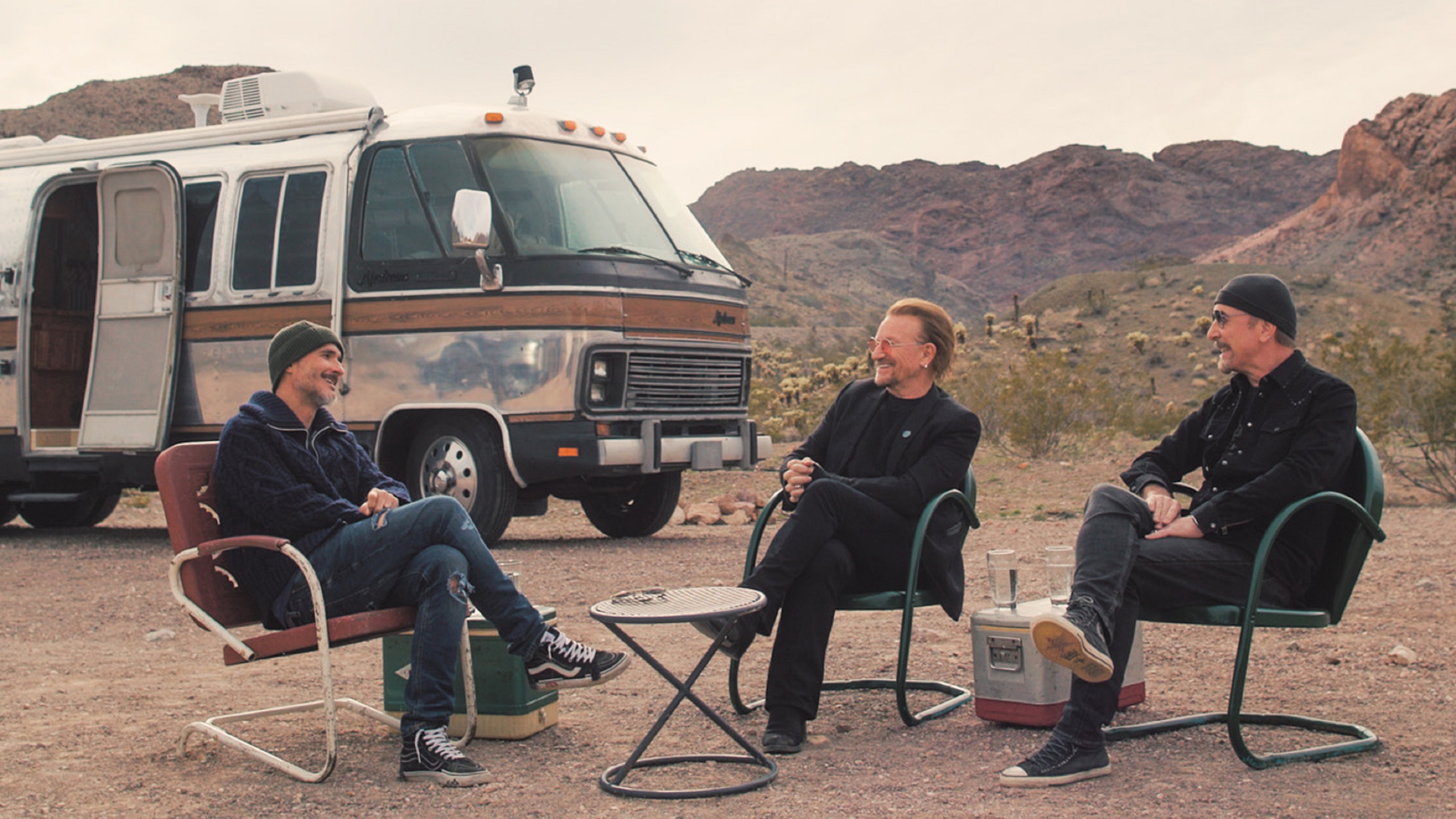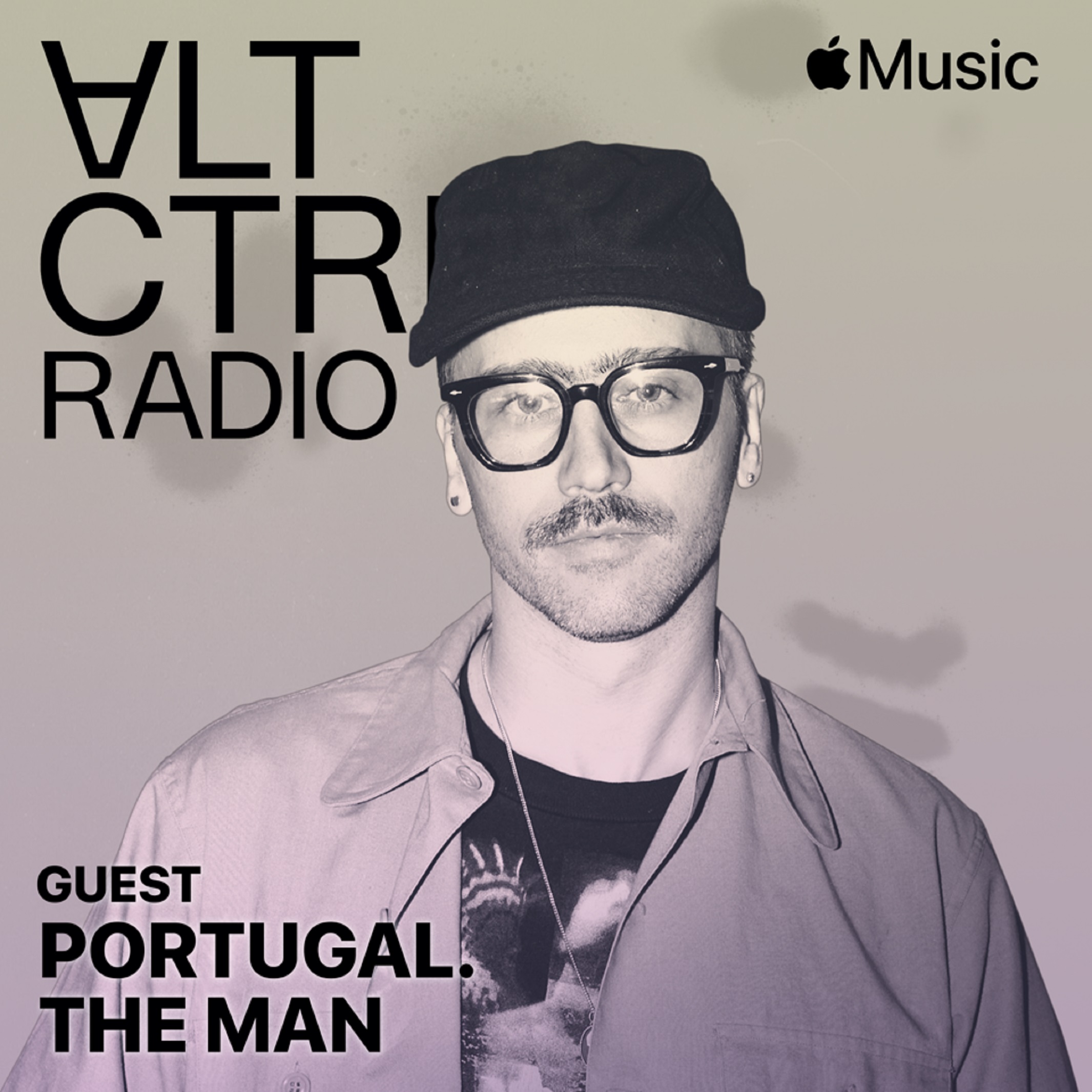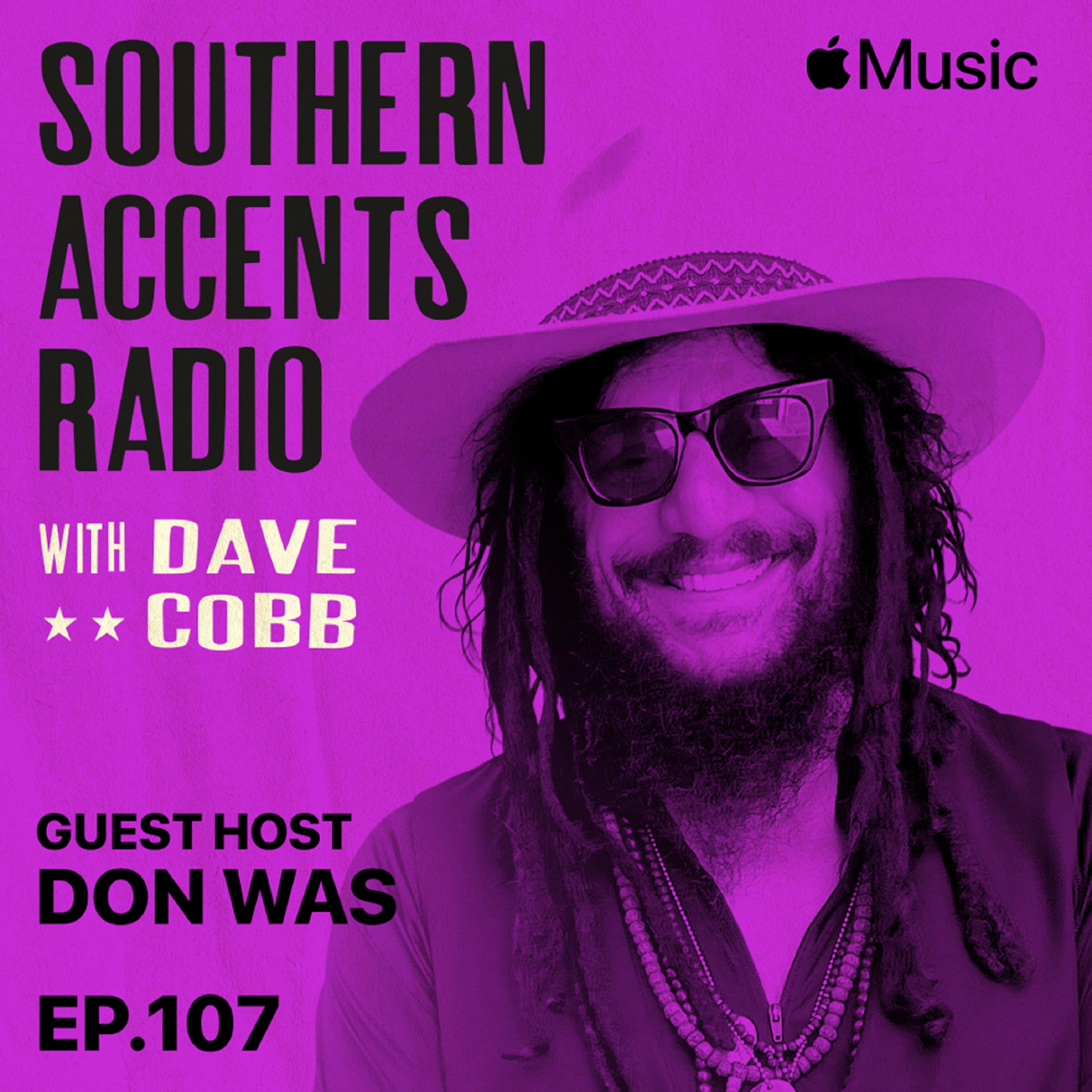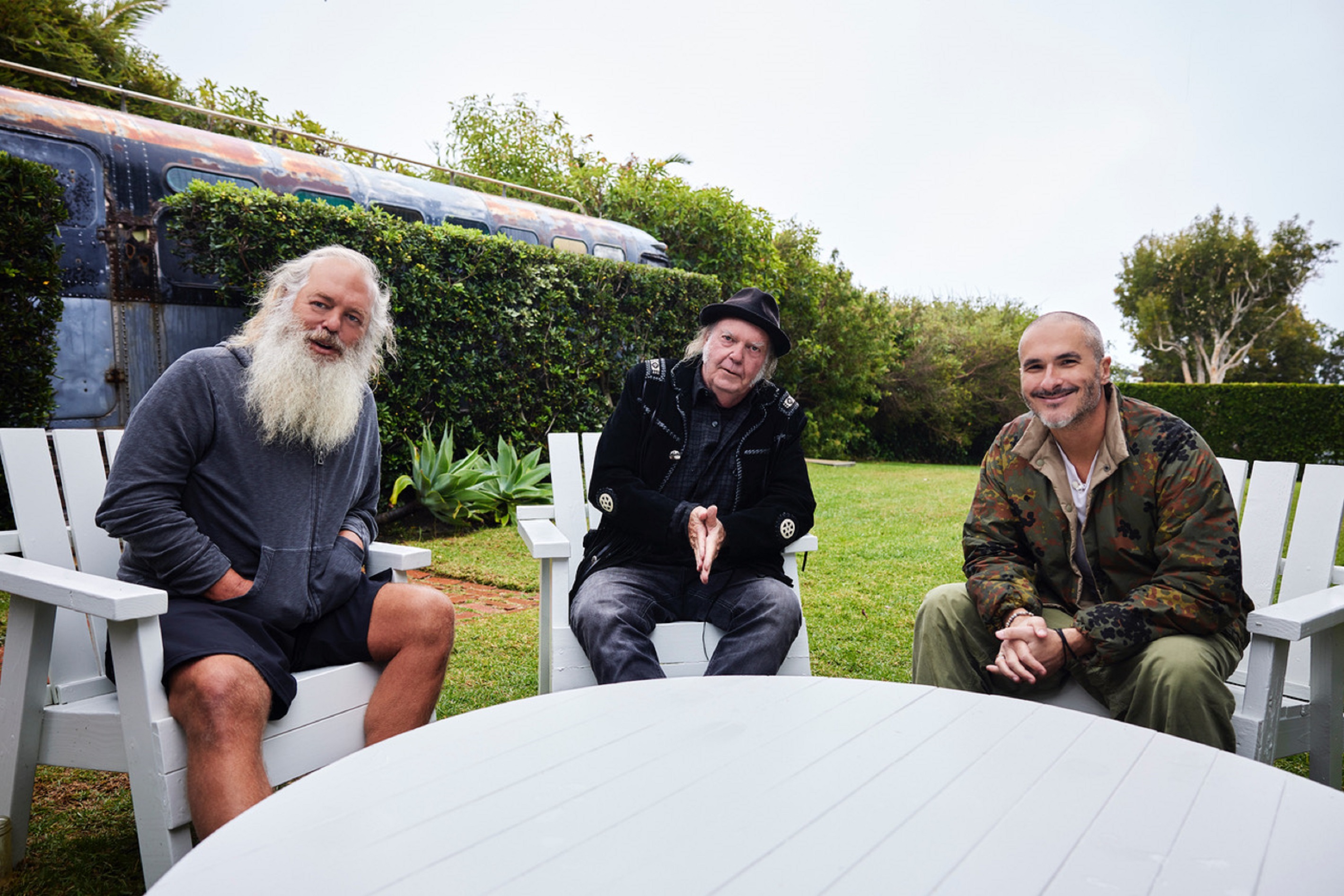Bonnie Raitt joins Zane Lowe on Apple Music 1 for an in-depth conversation about her expansive career and 18th new album out this Friday, ‘Just Like That…’. She tells Apple Music about her musical upbringing growing up in Los Angeles, not feeling like a commercial artist, the current polarization in the country, mentorship, and what she admires about the younger generation of female artists including Adele, Taylor Swift, Billie Eilish, and more. She also recalls the time she spent with Prince, their mutual admiration for one another, and him having her back when she was dropped from her label.
Bonnie Raitt tells Apple Music About Growing Up in Los Angeles…
I grew up here and there's a lot of history that's been gentrified, neighborhoods for people of color and Latino and black families. In San Francisco where I live now, in Northern California, and in LA, there's just really cool neighborhoods that musicians found and they could afford a while back and now lawyers have discovered it too. And next thing you know ... So that kind of real history and mom and pop restaurants and stuff, we got to be careful. So my memories of LA were riding bikes in Griffith Park and going on camping trips? Within an hour, you can be in the snow, within an hour, you're at the beach, or in the high desert, so the weather was fantastic. There was all kinds of ethnic restaurants and sections of town that were really cool. So I was aware of the melting pot part of it. And both my folks were from Southern California, so they were telling me about their history growing up, picking peaches in the valley when the whole valley smelled like orange groves. What? So it was nice, but I was definitely growing up in the show business.
Bonnie Raitt Tells Apple Music About Her Musical Upbringing…
Music was such a strong part of our growing up. My mom was a pianist and my dad's a rehearsal pianist and music director. And she was a great singer too. And he rehearsed a lot. And I did a lot of concerts, not just the shows. So I was singing and my brothers were singing. We were all playing instruments and singing from the time we were little. So one of the great joys for me is to listen, to sit in the backstage when I was really little and watch a people perform other stories. Inhabit Carousel and Oklahoma and Pajama Game and see how they sold different songs and inhabited the characters.And between that and the heritage of Tony Bennett and Frank Sinatra and Ella Fitzgerald, I was exposed to a tremendous amount of storytelling music when I was growing up. And that let me really believe, like people that are into film, you just believe that those people become those characters.
Bonnie Raitt Tells Apple Music About First Picking Up a Guitar...
I just picked up the guitar because I emulated Joan Baez and they were singing songs of protests… So, it seems just like the natural time I was growing up to pick up the guitar, because everybody was doing it in America. It was like a folk music craze going on. So, it just seemed seamless to me. And I taught myself to play, again, just for myself ... I wasn't into performing for people, but I just used it as a self-expression. And appreciated really good writing and really good lyrics.
Bonnie Raitt Tells Apple Music About Finding A Different Way To Exist In The World Through The Arts...
I love taking songs that other people have done first and then doing my own spin on them. And it comes from just being a teenager and sitting in my room with no expectation of becoming a musician for a living and just entertaining myself. It wasn't enough for me to hear John Lee Hooker, or the Rolling Stones doing Little Red Rooster. I had to learn how to play that sound… Between films and books and imagination and music, it was finding a different way to be in the world through the arts, I think. It just seemed as natural as breathing to me.
Bonnie Raitt Tells Apple Music About Exploring Multiple Genres Throughout Her Career...
I can't limit myself to one style of music. It would drive me crazy. People say, "Why don't you do a whole blues record, or a jazz record? Oh, you're so good at ... Why don't you do a funk record or work with this producer?" Because then I would miss out on the mixture of songs that it makes my life really interesting.
Bonnie Raitt Tells Apple Music About Not Being a Commercial Artists and The Upside To Not Having Hits…
I wasn't selling records from the first time I put my record out. I knew I wasn't a commercial artist. That wasn't my intention. But I would've liked to have had it. If my friend and Linda Ronstadt could have had a hit, I went, "Hey, I did a couple of songs in the mid seventies that ..." Runaway got some radio play. A single as just getting the door open to be able to pay your band better and tour more and go out international, build an audience. But the good thing about not having a hit is that you don't have to follow it up with anything. People aren't comparing you to the previous record. So, I had about six or seven albums where nobody was doing that, because it was just my core fans.
Bonnie Raitt Tells Apple Music About Choosing a Life on the Road and Smoking and Drinking To Try To Sound More Like Etta James...
It's not really a real world that you're living in, traveling with a circus like that. So, it's a lot of fun, but I'd made a choice early on to be a road person and run my own band and pick my songs and put records out, rather than be a mother and a wife. So, I can't really say that I came into my adulthood until I could stand the way I sang, maybe in my thirties. But I wanted to sound like Etta James and it just wasn't happening fast enough. So, I was just smoking and drinking and living that blues mama life to try to get my voice to sound more like what I felt like. But by the time I was in my late twenties, I just went, "Okay, she's got a little bit a character now." But by the time I hit 40 and I'd been sober for a couple of years, I had aged in a way that was coincided with a rebirth of me personally. And I had learned a lot about relationships and been through some hard times and came out the other side. And so it was really that record Nick of Time, I think was the one I could listen to my vocals and not gag.
Bonnie Raitt Tells Apple Music About Polarization, the Pandemic, and the Importance of Supporting Musicians…
It's hard to separate the last couple of years' COVID experience from the nightmare of the election cycle and the polarity and the hostility and viciousness that's become what our country's climate is, and the anxiety and stress of watching this play out, this polarization and this sinking and not believing in science and the center not holding anymore. What we agree is that what just happened, people's idea of the truth, I just wasn't expecting that in this lifetime. So, I'd have to say I was in such shock and trauma from Black Lives Matter from the climate refugee immigration nightmare, that's just was not ending so that when the shutdown happened, it was just one more paralyzing part of this...I'm painting a pretty negative picture but the election meant everything. And it was revealed an underbelly that I didn't even know was to just focus on raising money for musicians' relief in their musicians' community and food banks and all that. It gave me a purpose. So, I knew that we eventually were going to either get back on the road or I was going to get in the studio. So, it felt healing to have something to focus on and pull those songs together and know that people are hurting out there. And I can't wait to get on the road, not just to support my band and crew and the groups that I support, but to have some fun again and bring some light.
Bonnie Raitt Tells Apple Music About The Time She Spent With Prince…
I did get in the room. I even got in his closet. I got to see his clothes and his shoes and everything. Well, we watched Sly & The Family Stone and The Staple Singers on a giant screen. And I was at his house in Minneapolis. And then when I first met him, he sent a car for me with purple lights in the back and little porcelain figures with...the face, it was pretty great. So anyway, what an incredibly creative and interesting person because he was so shy in some senses, but his funk cred is unbelievable. Musician to musician, it was really a joy because he was a big fan of mine. I didn't even know he knew who I was, although I made my first album in Minneapolis and he said he thought that was so cool. Because Minneapolis and St Paul, like New Orleans, have a mixed race scene. The rock and R and B and blues musicians all hang out together and they're all influences. You're going to go play this. And so in that era he was growing up, he was very much aware of me and I was doing R and B covers and rock and roll, the same kind of mix that I do now, he's doing on those first early records. And he said he thought it was really great that I was covering a Don Covay song or Martha and the Vandellas and all this, you know? So he was little, but he was growing up and admired my playing, and I went nuts for him when I first heard about him. The word was out on him in the Minneapolis scene before he even had his first record and it was this wonder kid who played every instrument.mYou know, our time together was aborted somewhat because of scheduling and so I couldn't make when he was available so he went ahead and did the tracks in his key or they were songs he'd already written. So when I got out there and we had a couple days to try some things, they were way too low for me, but he wanted me to play slide on some stuff and he wanted me to teach him how to do it, and then he sampled some of my slide on Cream…I just showed him how I do it. So I got the feeling he said, "I don't necessarily have to learn how to do this because I can just sample you." Oh, God. So we didn't get to experience the melding that we would've done and I was supposed to go and work with him again when our schedules melded and then he stayed in Europe and we didn't get to work together again. So it was an aborted effort but mutual admiration for each other, and I really appreciated that at a time when I had been dropped by Warner Brothers, he called up and said, "You got shafted." I mean, he didn't know the details but he said, "Come on over to Paisley Park because clearly, I respect women musicians.” So, you know…
Bonnie Raitt Tells Apple Music About The Importance of Inclusivity in Music…
There are some great women engineers. We just need to host, all in the arts, there needs to be more mentoring and letting people get the experience so they can get the credit, because you know, you've only got a certain amount of money to pay for a record, especially since you don't sell CDs anymore, and you don't want to just hire somebody that hasn't done it yet. So we just have to be gracious with people, being inclusive of women and people of color, and not be ageist and shove people off the job because they're 60 years old.
Bonnie Raitt Tells Apple Music About Mentorship and The Younger Generation of Artists…
I'm in touch with some women friends of mine, Maia Sharp, Susan Tedeschi, people that are peers but a little bit younger. And it's really wonderful to watch the poise with which a lot of younger artists, women especially, are handling their success. People like Adele and I watch Taylor Swift, Billie Eilish, Norah Jones, who's a little older, but even as they got their huge successes, what incredible poise and self-awareness and good lawyers, and they were smart, they really paid attention to what was working for other people. So I grew up watching people not have a say in their own royalty rates or in their own careers. I grew up with a dad who had to wait for another Broadway show but he chose to go on the road and take the shows he was famous in and take them out to the people, and that's how he made his living. And I said, "You know, if I do this for music, I'm going to model myself on the folk musicians that are just getting decade after decade of loyal fans, playing those festivals in their 60s and their 70s and their 80s." That's the path that I chose…
Bonnie Raitt Tells Apple Music About “Down The Hall”…
Down the Hall, for me, was another story that, in the real world, just moved me so much. It was just not even a question for a second that I wasn't going to write a song about it. But I read this article in a New York Times Magazine about a prison hospice program. And I had no idea that this even exists. Just the idea that prisoners would volunteer to be with people at the end of their lives. When you get into reading their interview and see the photographs of the beautiful photo essay that went with the article. Because it's all even at the end of your life. But for these guys to be so bent up and embittered and traumatized and depressed about having to be in there, then feel bad about whatever they did, or maybe they're not even guilty. And they don't gain anything by volunteering, they just saw the need and the transformation inside to say, "maybe I could be of help. Not for any... lessen my sentence or give me some money to send to my family." Just because they don't have anybody there at the end of their life. And then, all of a sudden, they're on the ward and they're washing somebody's feet, shaving their head, and waiting outside the bathroom stall. What that takes for someone to get into prison and then have that transformation. It was just such a moving story to me that it was like Just Like That and Down the Hall. Not anointed, but I felt like I was called to write their story.
Bonnie Raitt Tells Apple Music About Her Purpose…
To wake up and be in service of a higher purpose is really what motivates me. When I want to be discouraged and stay numb, or just get involved with one of local, easy personal pursuits. I feel I was given this gift for a reason, and I was given a position of raising attention and supporting the people that sacrificed so much for no money. And that are all these activist, grassroots groups. And whether it's fighting a toxic dump or Native American tribes trying to get a uranium mine off their land... organize the rest of the community to not take the buyout. That kind of thing? Those are my heroes. And as you were saying earlier, it's a journey. There's no end result. There's never been a decade where everything was better. The Central American war was in the eighties. Nuclear power is still facing endless, embittered plants that are dangerous. And terrorist targets and waste disposals. So the safe energy fight, the justice fight, the equal rights fight, the environment. Access to healthcare and food. The inequities in our society are just too huge for me not to pay attention.
Bonnie Raitt Tells Apple Music What’s Next…
I haven't thought about anything farther than the tour, but I know that I'm never going to be complaining about anything if I can help it. Because being unable to tour and play live and feel the security of supporting my musicians community, I hope that doesn't happen again. And if it does, we'll still figure out a way to get through it. But right now I'm really, really heartsick about Ukraine and about the state of democracy and our election protection and access to voting. I'm really threatened here in this country and in the world and then you layer climate on it? So, if I didn't have this job to do and be able to have the joy of music and bring joy to people and find joy in other people's music that I... I listen to Mavis and I listen to Toots and I listen to Jackson and Bruce Hornsby and so many singer-songwriters that are still putting out some of the best music of their careers, five or six decades in. I look at Tony Bennett and Mick and Keith and go, "Hey man, I'm going to be 85." Mavis is 83 and I hope I'm still going strong. There's too much work to do and too much fun to have to retire. I would be bored to death.





